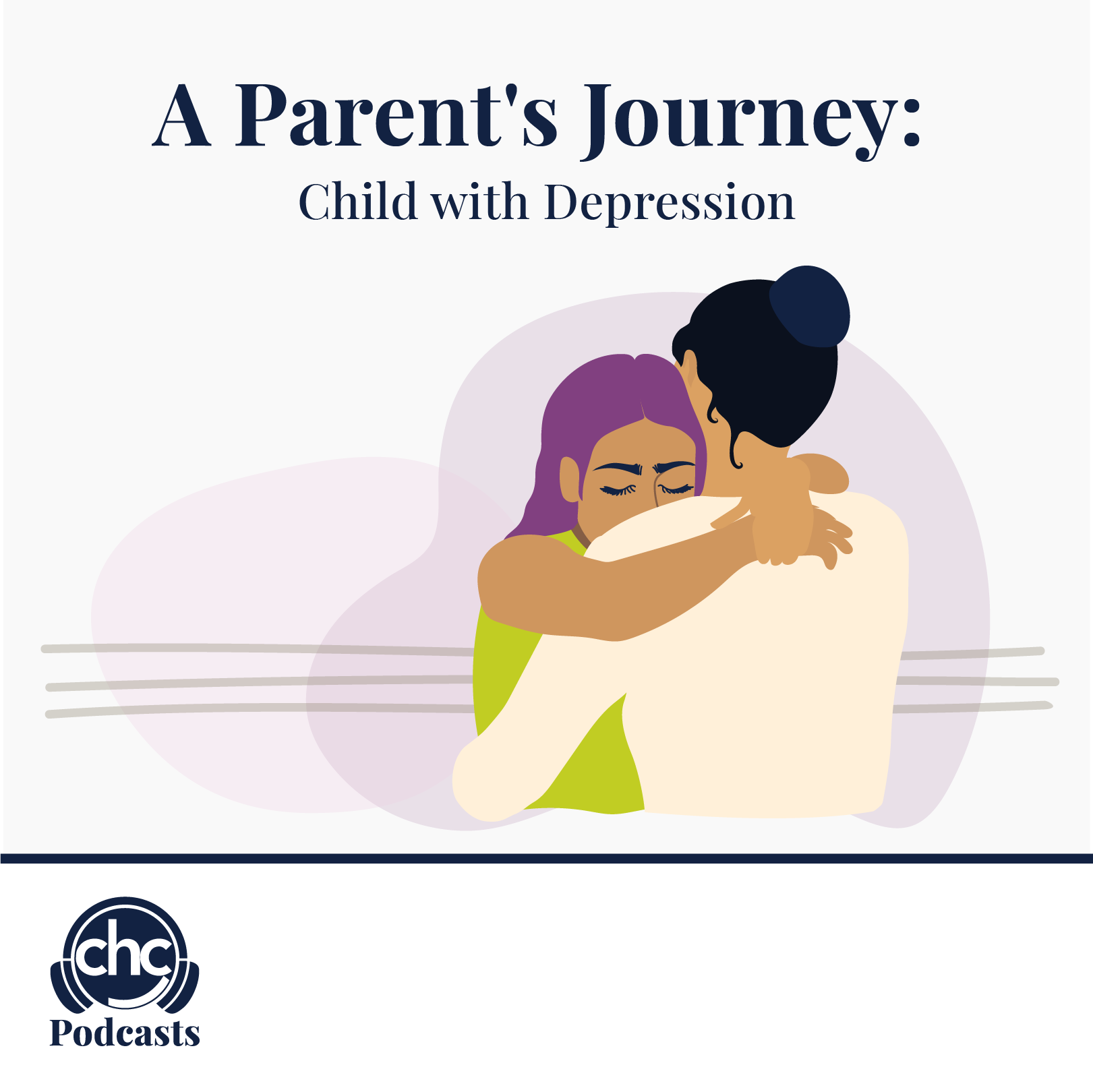Sitting More Linked to Increased Feelings of Depression, Anxiety
 As people adhered to stay-at-home orders or self-isolated during the early months of the COVID-19 outbreak, daily commutes turned into shuffles between the bedroom and the living room. Clicking Zoom links erased time spent walking to meeting rooms, and Netflix spilled into time otherwise dedicated to the gym.
As people adhered to stay-at-home orders or self-isolated during the early months of the COVID-19 outbreak, daily commutes turned into shuffles between the bedroom and the living room. Clicking Zoom links erased time spent walking to meeting rooms, and Netflix spilled into time otherwise dedicated to the gym.
In short, a lot of people suddenly became more sedentary during the onset of the pandemic. Recently published research found people who continued to spend a higher amount of time sitting between April and June 2020 were likely to have higher symptoms of depression. A closer investigation into this association could play a role in helping people improve their mental health.
“Sitting is a sneaky behavior,” said Jacob Meyer, assistant professor of kinesiology at Iowa State University and lead author of the paper. “It’s something we do all the time without thinking about it.”
As the director of the Wellbeing and Exercise Laboratory at ISU, Meyer and his team look at how physical activity and sedentary behaviors are related to mental health, and how changes to those influence the way people think, feel and perceive the world.
To get a snapshot of those changes, Meyer and a team of researchers received survey responses from more than 3,000 study participants from all 50 states and the District of Colombia. Participants self-reported how much time they spent doing activities, like sitting, looking at screens and exercising, and how those behaviors compared to pre-pandemic times. Using standard clinical scales, they also indicated changes to their mental wellbeing (e.g., depression, anxiety, feeling stressed, lonely).
“We know when people’s physical activity and screen time changes, that’s related to their mental health in general, but we haven’t really seen large population data like this in response to an abrupt change before,” Meyer said.
Survey data showed participants who were meeting the U.S. Physical Activity Guidelines (i.e., 2.5-5 hours of moderate to vigorous physical activity each week) before the pandemic decreased their physical activity by 32%, on average, shortly after COVID-19-related restrictions went into effect. The same participants reported feeling more depressed, anxious and lonely. Meyer and his fellow researchers published their findings in the International Journal of Environmental Research and Public Health last year.
Meyer’s latest paper in Frontiers in Psychiatry served as a follow up to see whether the participants’ behaviors and mental health changed over time. Participants filled out the same survey each week between April and June.
“In the second study, we found that, on average, people saw their mental health improve over the eight-week period,” Meyer said. “People adjusted to life in the pandemic. But for people whose sitting times stayed high, their depressive symptoms, on average, didn’t recover in the same way as everyone else’s.”
The participants who continued to spend a large portion of their day sitting experienced blunted mental health improvements.
Meyer emphasized that finding an “association” between sitting and mental health is not the same as saying more sitting causes depression. He said it’s possible people who were more depressed sat more or that people who sat more became more depressed. Or there could have been some other factor that the researchers did not identify.
“It’s certainly worthy of more investigation,” Meyer said, adding that monthly survey data from June 2020 to June 2021 are intended to become publicly available soon. “I think being aware of some of the subtle changes we’ve made during the pandemic and how they might be beneficial or detrimental is really important as we look to the other side of pandemic life.”
Excerpted from “Sitting More Linked to Increased Feelings of Depression, Anxiety” from Iowa State University. Read full release online.
Source: Iowa State University | Sitting More Linked to Increased Feelings of Depression, Anxiety, https://www.news.iastate.edu/news/2021/11/08/sittingdepression | Copyright © 1995-2021 Iowa State University of Science and Technology
A screening can help you determine if you or someone you care about should contact a mental health professional. Care Coordinators can arrange a free 30-minute Care Consultation so you can explore options with an expert. Call or email us at 650.688.3625 or careteam@chconline.org to set up an initial Consultation appointment.





